Robots are finally at our doorstep ready to enrich our lives by saving us from mundane chores
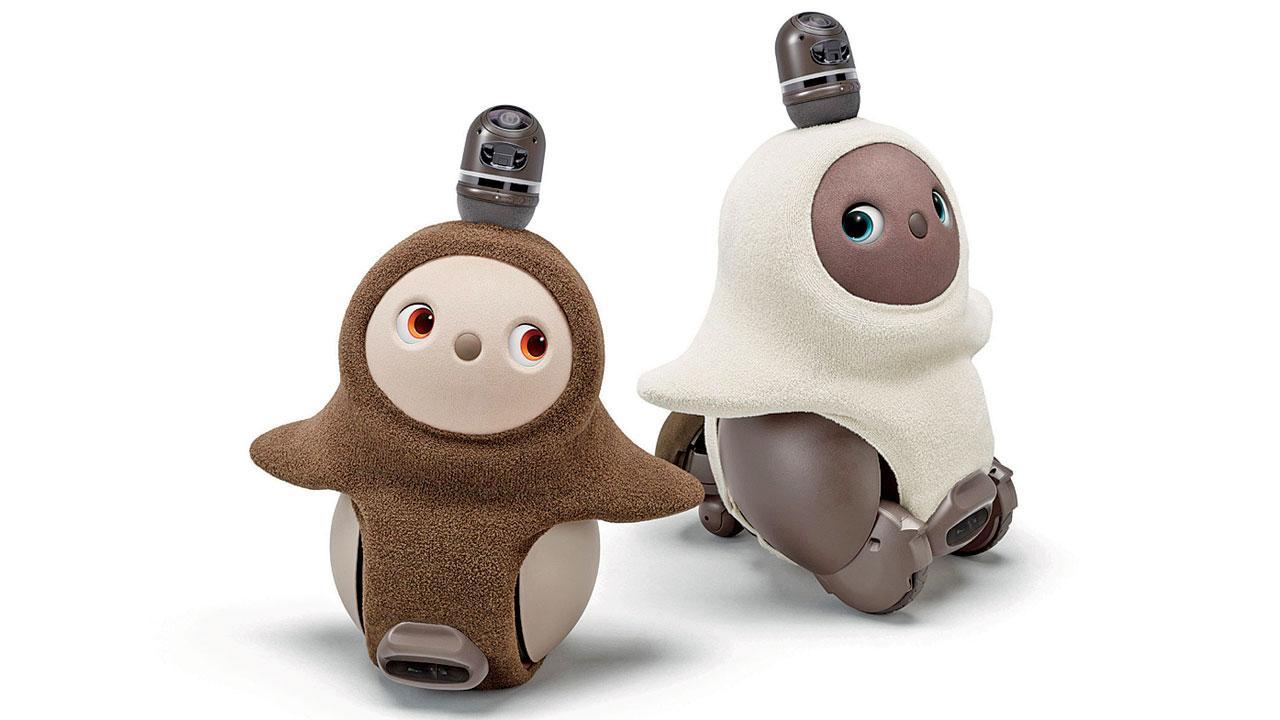
Representative Image
We have been promised useful robots for ages. Still, no one has been able to deliver anything other than robot vacuum cleaners and a bunch of nasty military bots. However, all is not lost. The next generation of service robots is on its way. They can do everything from making you a cup of coffee to being your best friend; some can even cook.
ADVERTISEMENT
Lovot 2.0
Lovot has not been designed to do any household chores or merge its being with your digital assistant. Instead, Lovot made for hugs and love. The robot is unusually warm, plush and cuddly. It doesn’t speak but makes a cute squeaking sound and has very expressive eyes. Lovot has close to 50 sensors that it uses to navigate the world. Its three cameras can distinguish 100 people simultaneously, while it can remember several folds more. The robot is also tiny, weighing in at 4.2 kilograms, making it easy to pick up. For now, Lovot is available only in Japan for 3,49,800 Yen, approximately Rs 2,08,300.
https://www.youtube.com/watch?v= feMTE9q-awo
Amazon Astro
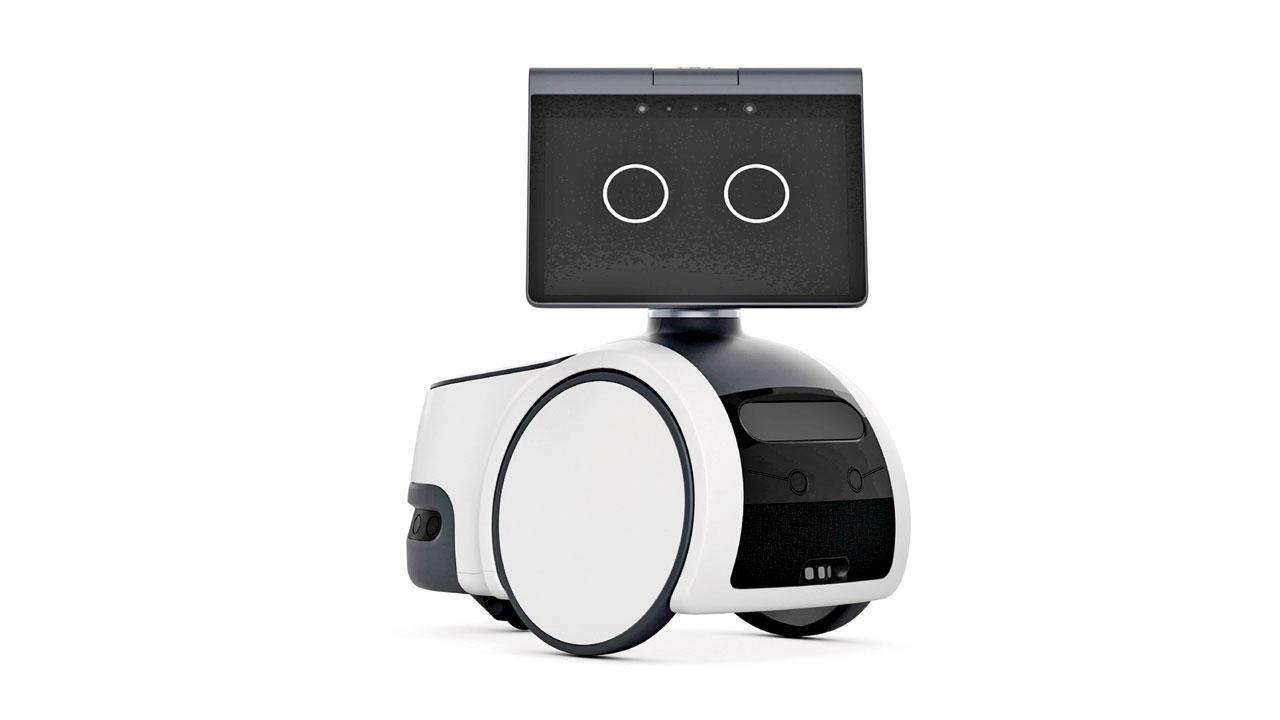
Amazon has also been busy working on its Astro robot, not to be left behind. The robot leveraged Alexa’s vast capabilities to be a smart assistant on wheels. Astro can also check around your home for intruders and possible dangers. It can detect a smoke alarm, carbon monoxide alarm and even glass breaking, triggering an alert to your phone. Astro can be used to remotely care for senior citizens by allowing the family to drop in and check if their loved ones are okay.
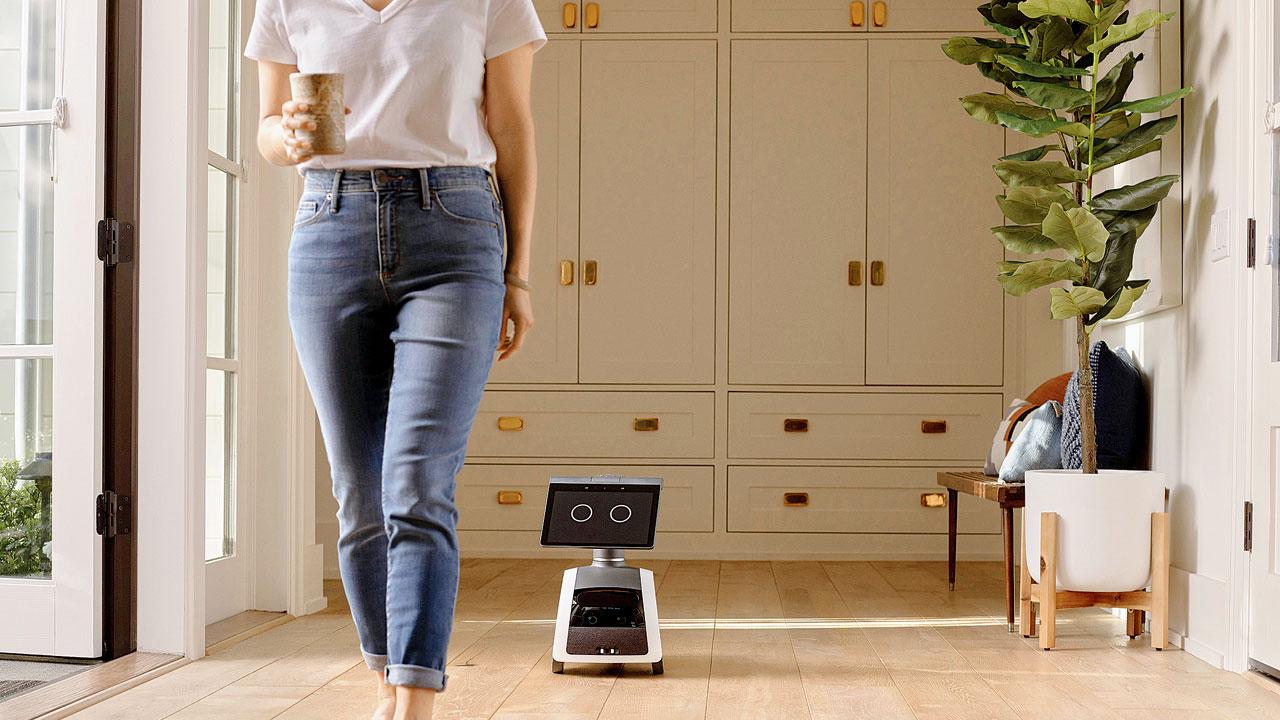
You can also use your smart home controls through Astro, including your smart air conditioner or the smart lights in your house. The robot can help you navigate a recipe while cooking and cart small objects to family members around the house. The cameras and microphones on the bot can be disabled to protect the privacy of its users. The robot will sell for $1,499, approximately Rs 1,16,000.
https://www.youtube.com/watch?v=sj1t3msy8dc
Dyson’s secret robot project
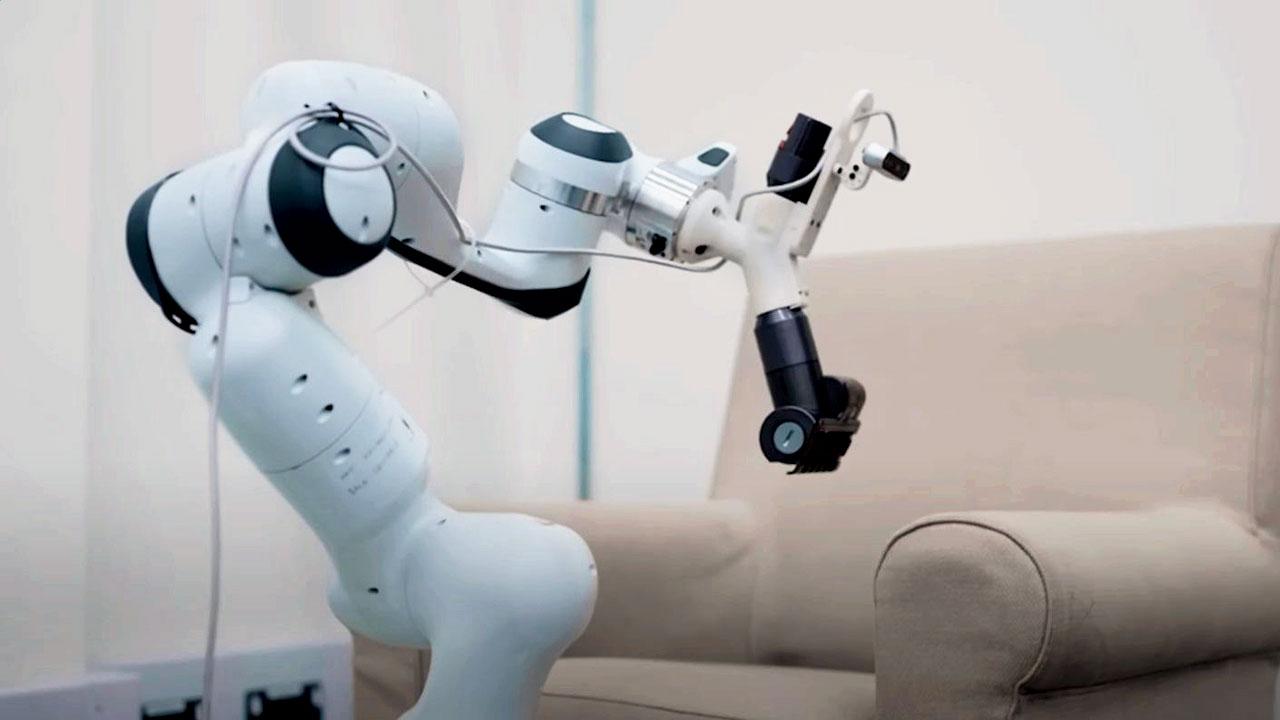
Dyson showed off a bit of their robotics lab recently. They are betting big on our robotic future and are in the process of expanding their teams. The robots they are focusing on will take care of daily chores like washing dishes, tidying the house, picking up after children and other menial household tasks. While the video doesn’t show what they are working on, considering it is secret, it shows robots doing various household tasks. The video was specifically released to attract new talent to the project. Still, it is exciting as a consumer to try and figure out what their secret robot project will be capable of doing.
https://www.youtube.com/watch ?v= 2Bh6 1aY8ncg
Moley Kitchen Robot

The Moley Kitchen Robot is unique. It is an entire robotic kitchen system designed ground up to help its robotic arms navigate and cook with little interaction. The kitchen space allows a human to work in the same area when the robot isn’t engaged. Just select the dish from the interactive touch screen and the robotic arm will get to work preparing the meal. However, all the prep work must be done and put into specific boxes ahead of time. You can also order prepared ingredients from Moley. Once the prep is done, the robotic arm will select the right utensil, turn on the heat and add ingredients precisely to match the chosen recipe. It has a database of thousands of recipes, and it can suggest recipes according to the ingredients on hand. The exact price of the robotic kitchen is unknown. However, the company is taking pre-orders for both commercial and domestic users.
https://www.youtube.com/watch?v=PvxrM0-qhlQ
UBTECH Walker X
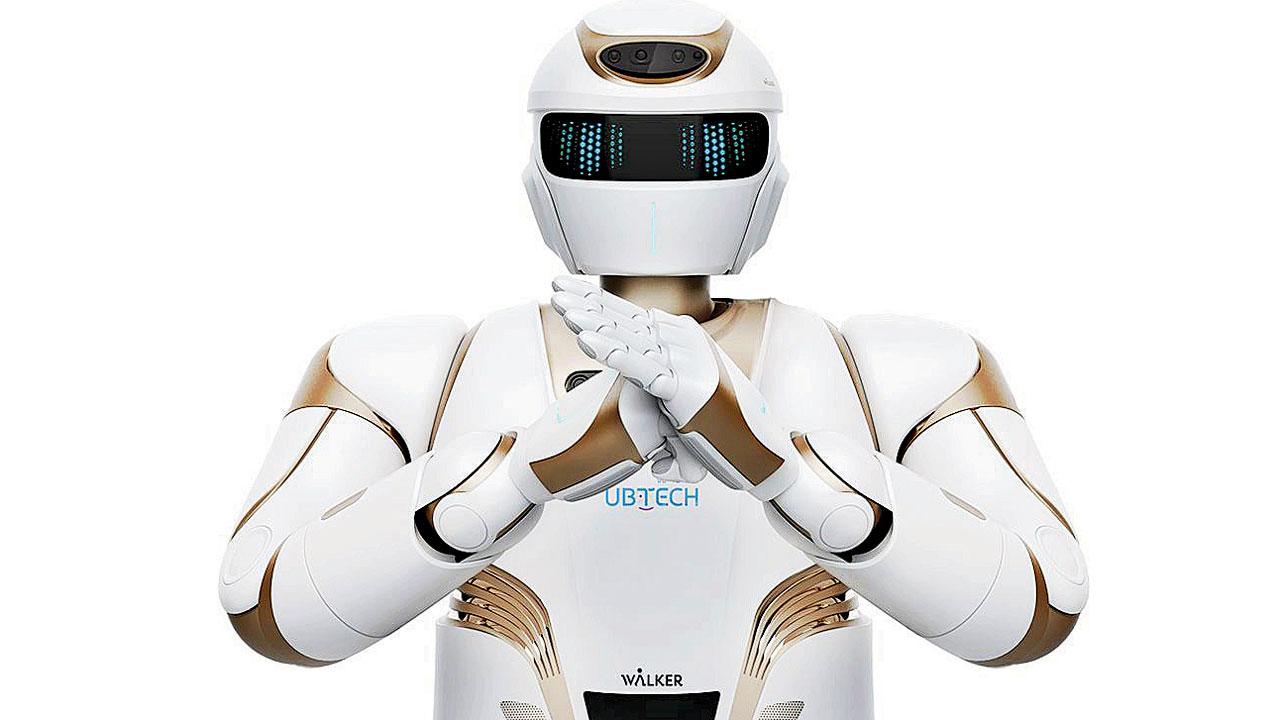
UBTECH has been at the forefront of robotic technologies for a long time. Their humanoid robot called Walker just got an upgrade. Walker X can now perform many household chores, including serving tea, pouring liquid, wiping surfaces, playing chess, and even using a vacuum cleaner. The robot is bipedal, just like a human, and can walk, go up and down stairs, and balance on a single leg. However, it does all its movements at a languid pace of 3 km per hour. Walker X is also full of sensors that allow it to have sophisticated hand-eye coordination and sense external force; this means it knows when it has grasped an object too firmly and can adjust the grip accordingly. This ability allows it to interact with humans safely and do more nuanced tasks like open bottles.
https://www.youtube.com/watch?v =rkD302u9oSQ
Buddy
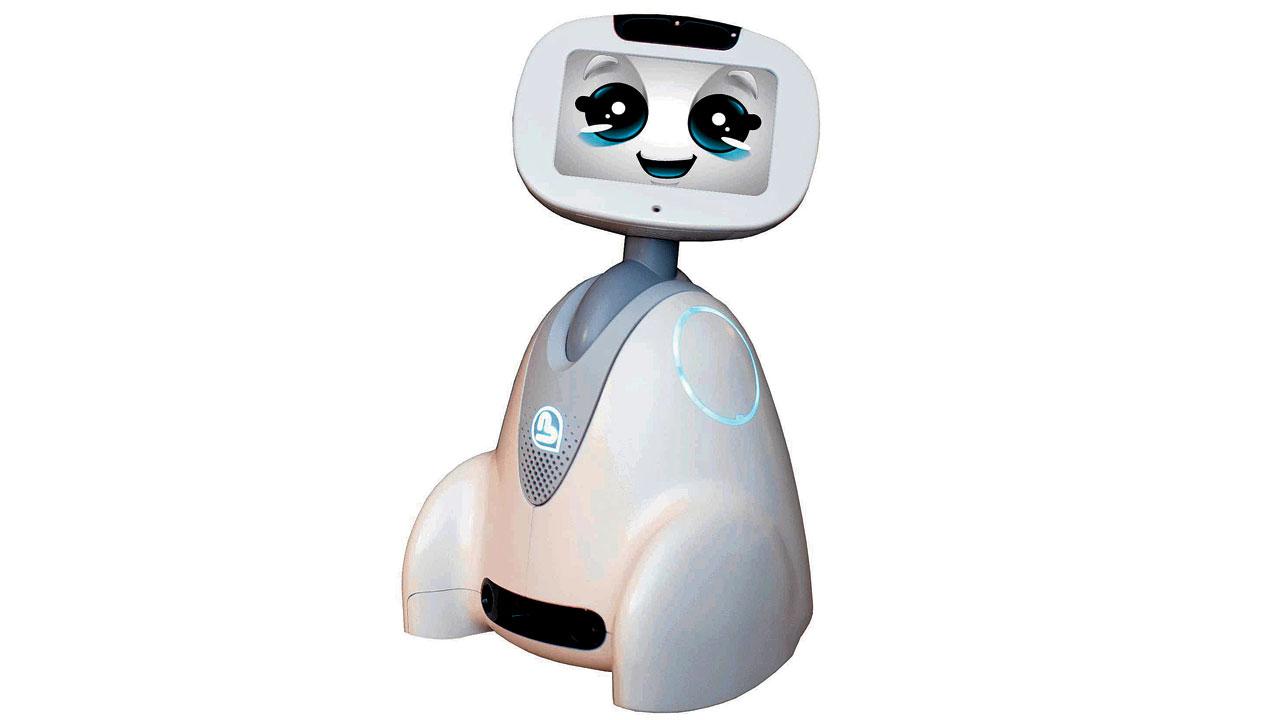
Buddy is another social robot meant to reside in your home. Designed by a French company Blue Frog Robotics, Buddy will help with tasks around the home, from remembering appointments to answering calls and guarding the house while the family is away. The robot comes with WIFI and Bluetooth, which it can use to control all the smart devices in your home. Buddy has two integrated cameras which can capture family pictures when needed. The bot has 16GB of internal storage and a 10-hour lithium-ion battery. The company has also tested Buddy as a therapeutic tool to help autistic children communicate and interact with others. Buddy
https://www.youtube.com/watch?v=1Z 3kwsUjrbo
Successful clinical trial of 3D printed ear
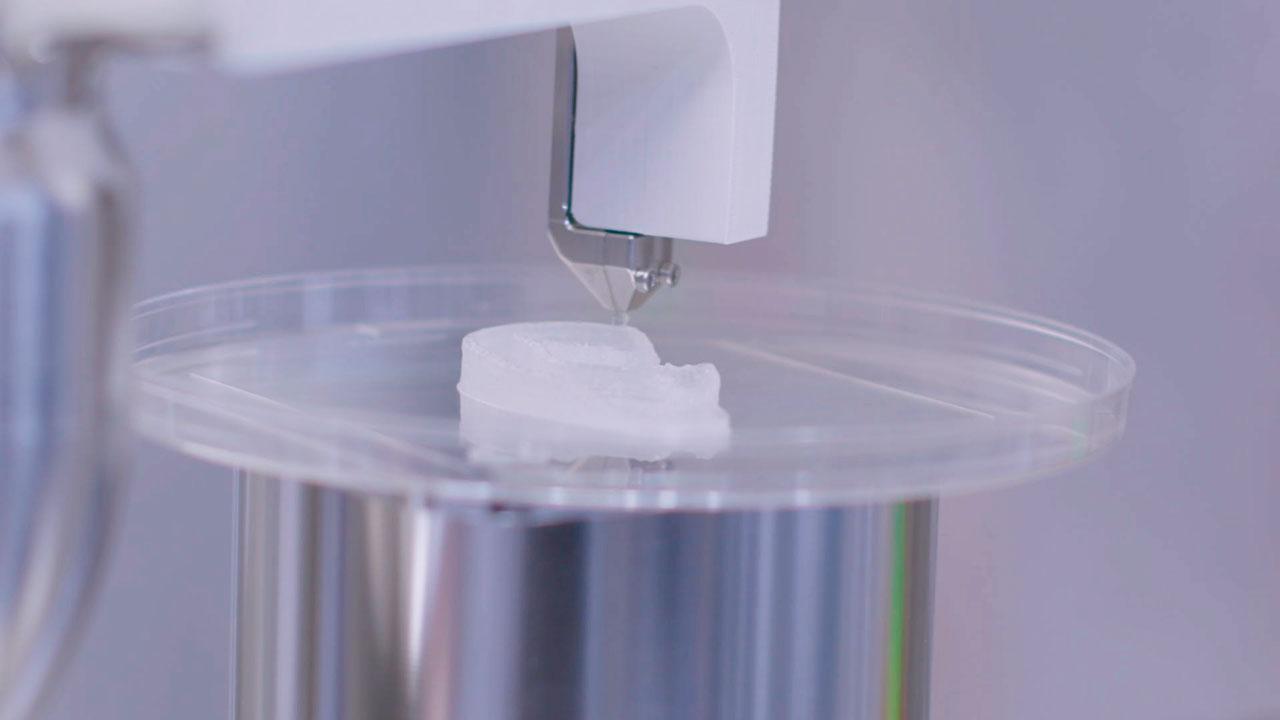
Scientists have successfully transplanted a 3D printed ear onto a woman with a rare ear deformity. The 3D ear was made with cells harvested from the patient as part of a clinical trial. The congenital condition called microtia causes either one or both of the ears to be underdeveloped or missing altogether. The ear was printed and developed by 3DBio Therapeutics. The surgery was conducted by Arturo Bonilla, a leading paediatric ear reconstructive surgeon.
A low-cost battery absorbs CO2 to charge
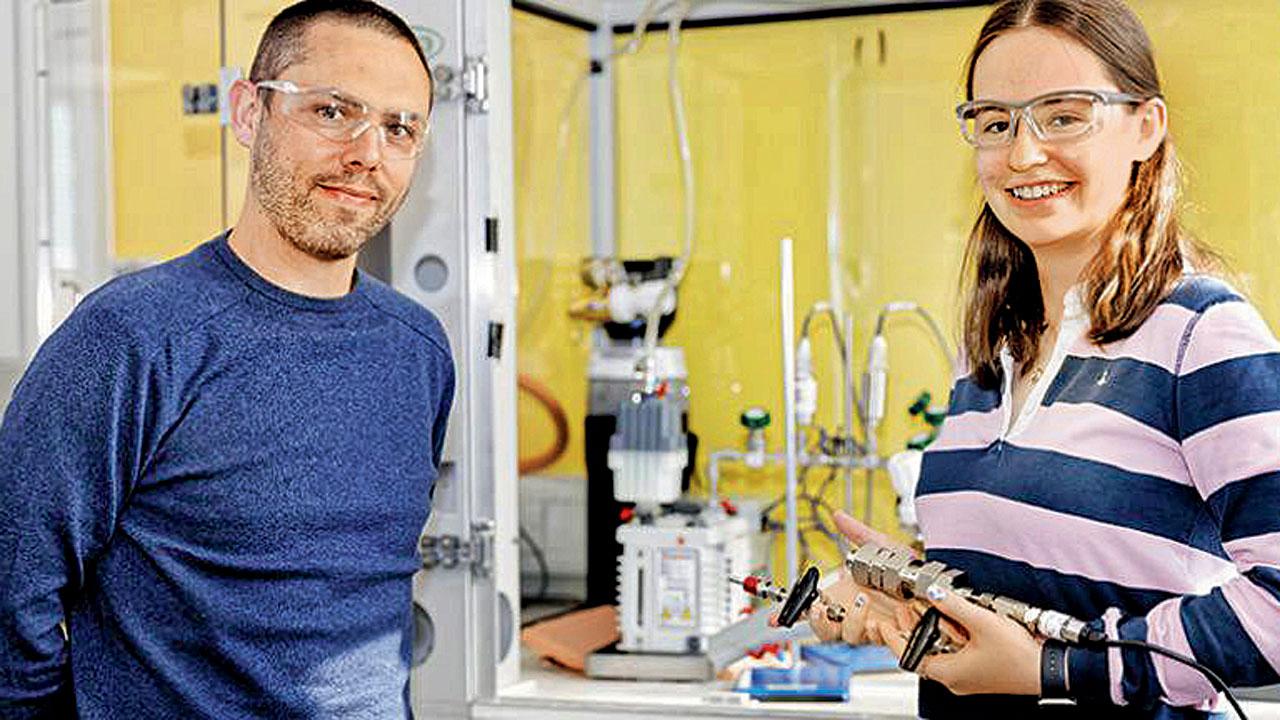
Researchers have developed a low-cost device that can selectively capture carbon dioxide gas while it charges. When it discharges, the CO2 can be released in a controlled way and collected to be reused or disposed. The super capacitor device, similar to a rechargeable battery, is the size of a coin and is made in part from sustainable materials, like coconut shells and seawater. Designed by researchers from the University of Cambridge, it could help power carbon capture and storage.
Detecting deep fakes with accuracy

Developments in video editing software have made it easy to exchange one person’s face for another and alter the expressions. Researchers from the University of California Riverside can now detect manipulated facial expressions in deep fake videos with the framework, called Expression Manipulation Detection, or EMD, can detect and localise the specific regions within an image that has been altered.
 Subscribe today by clicking the link and stay updated with the latest news!" Click here!
Subscribe today by clicking the link and stay updated with the latest news!" Click here!







